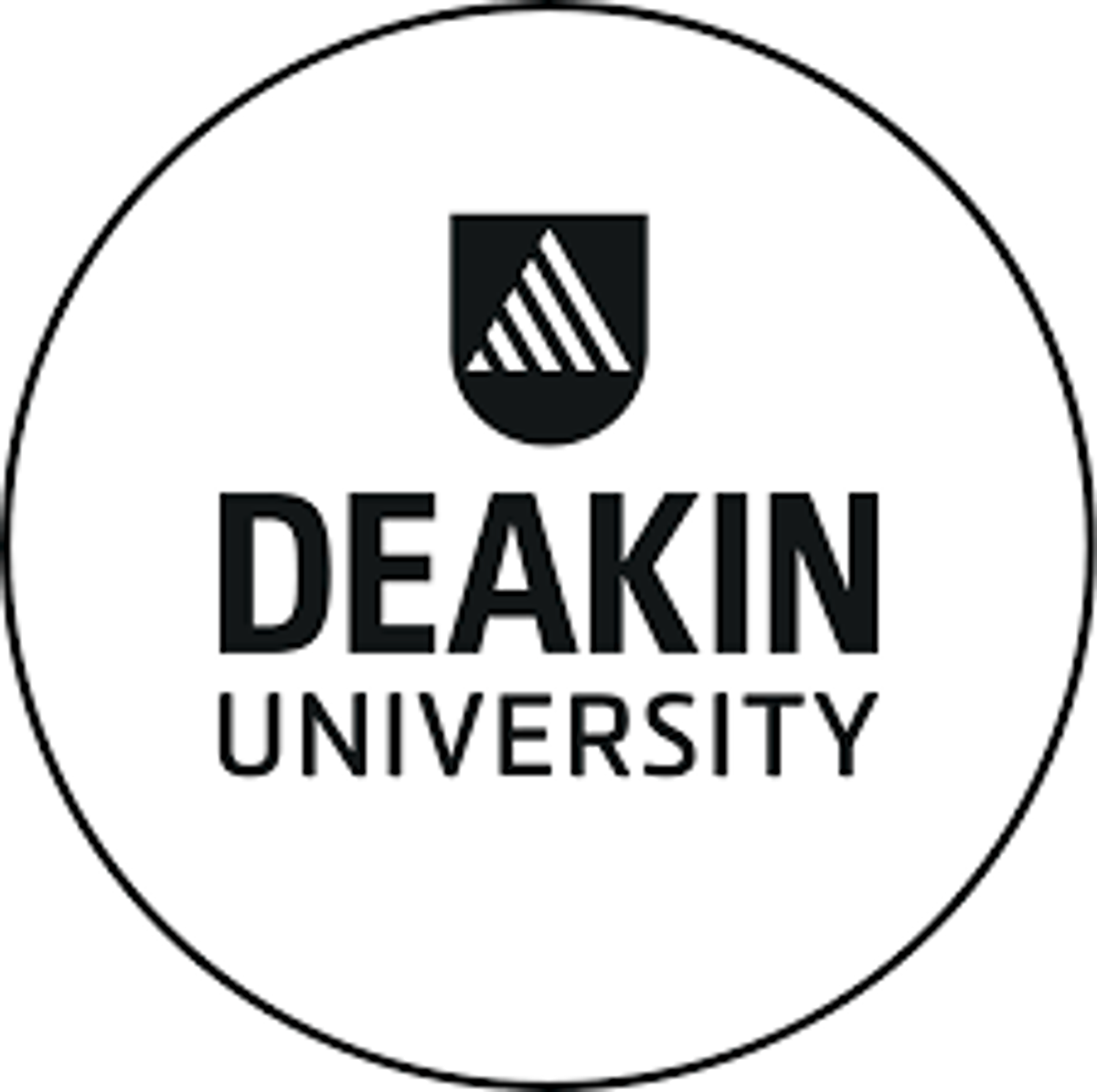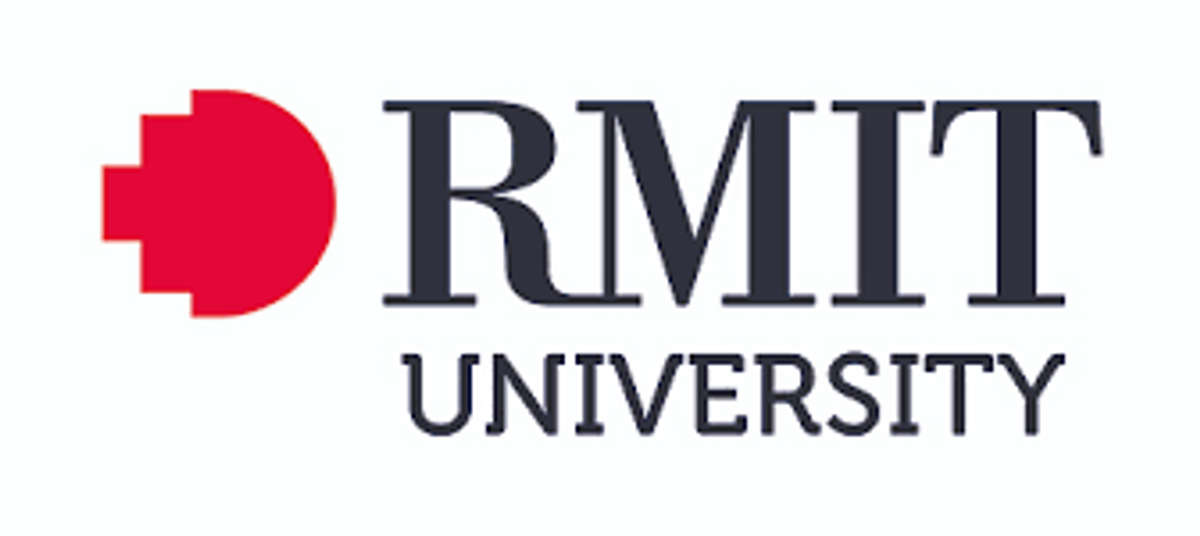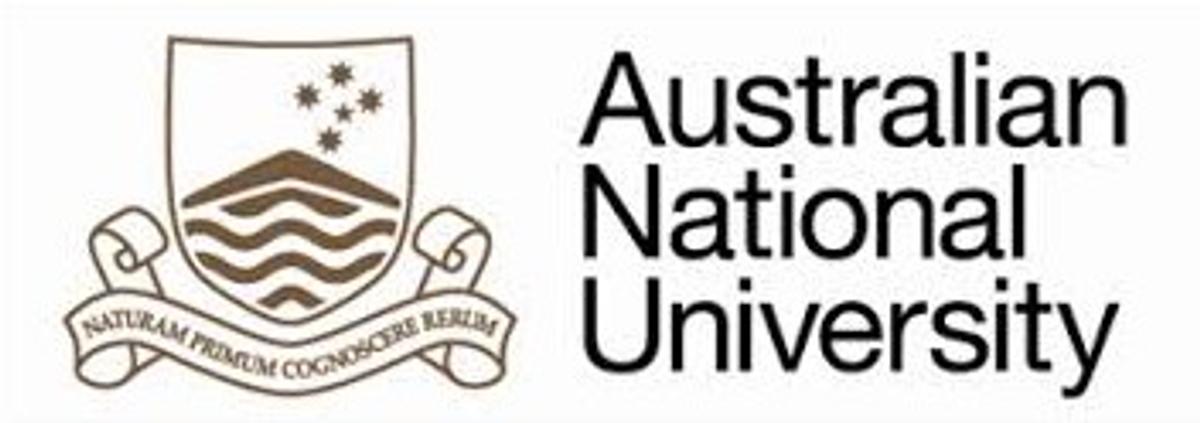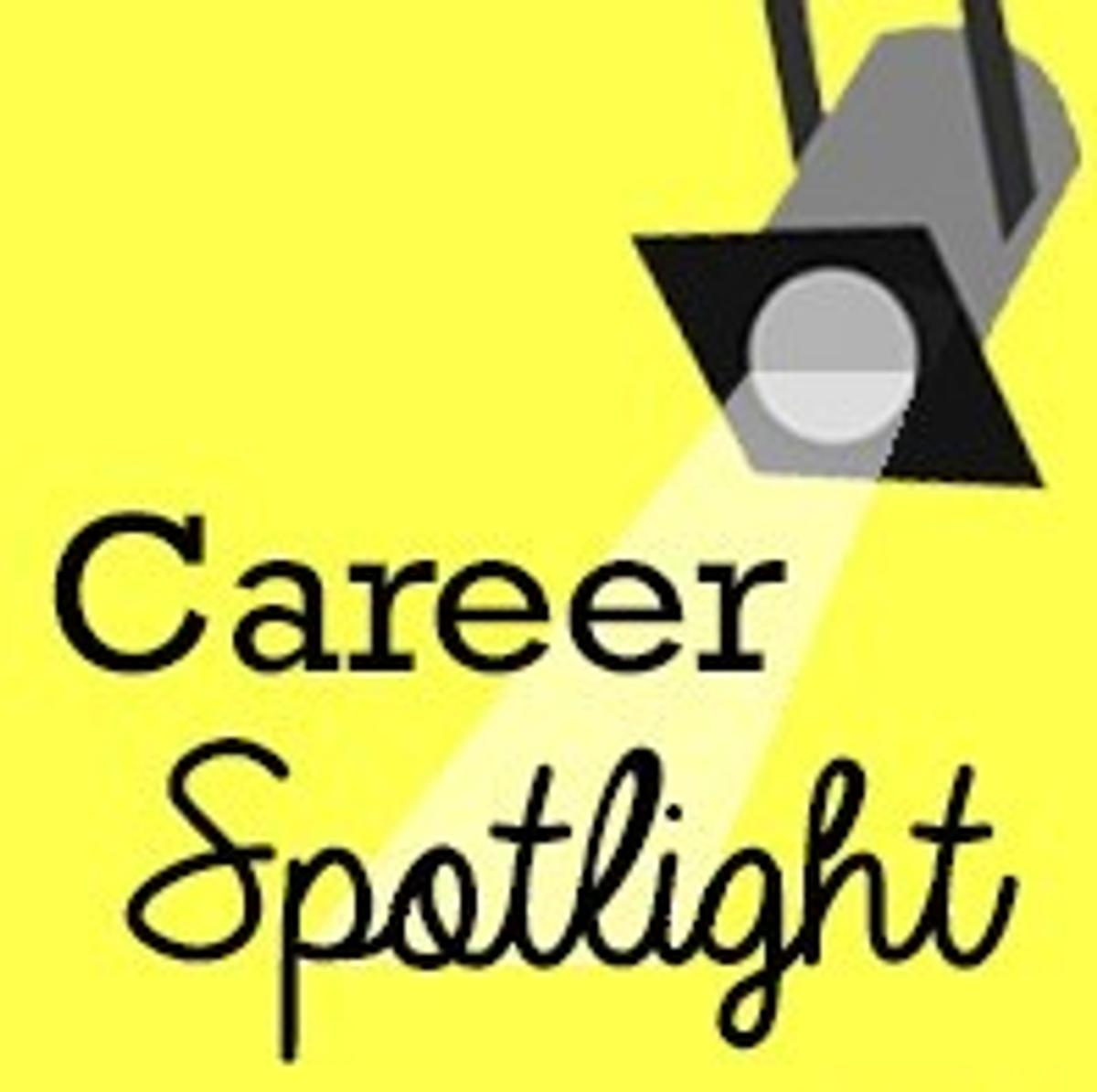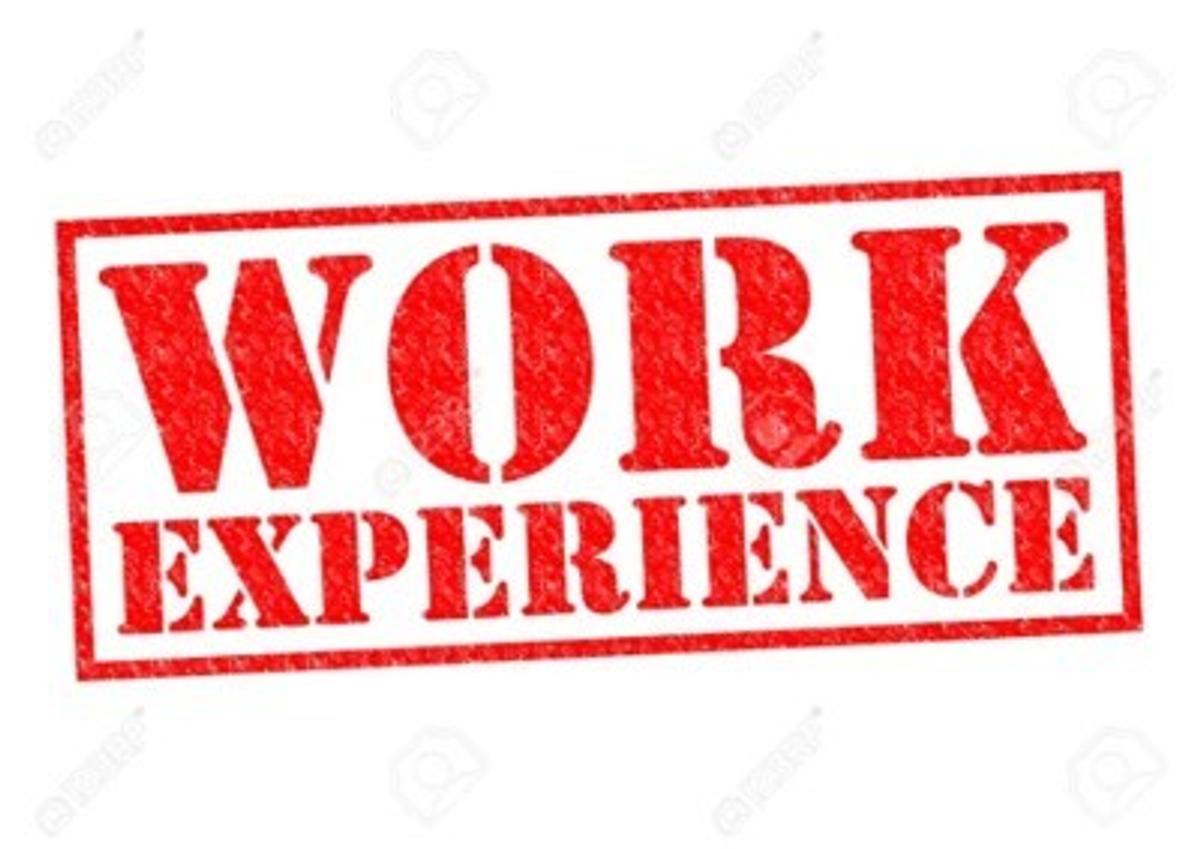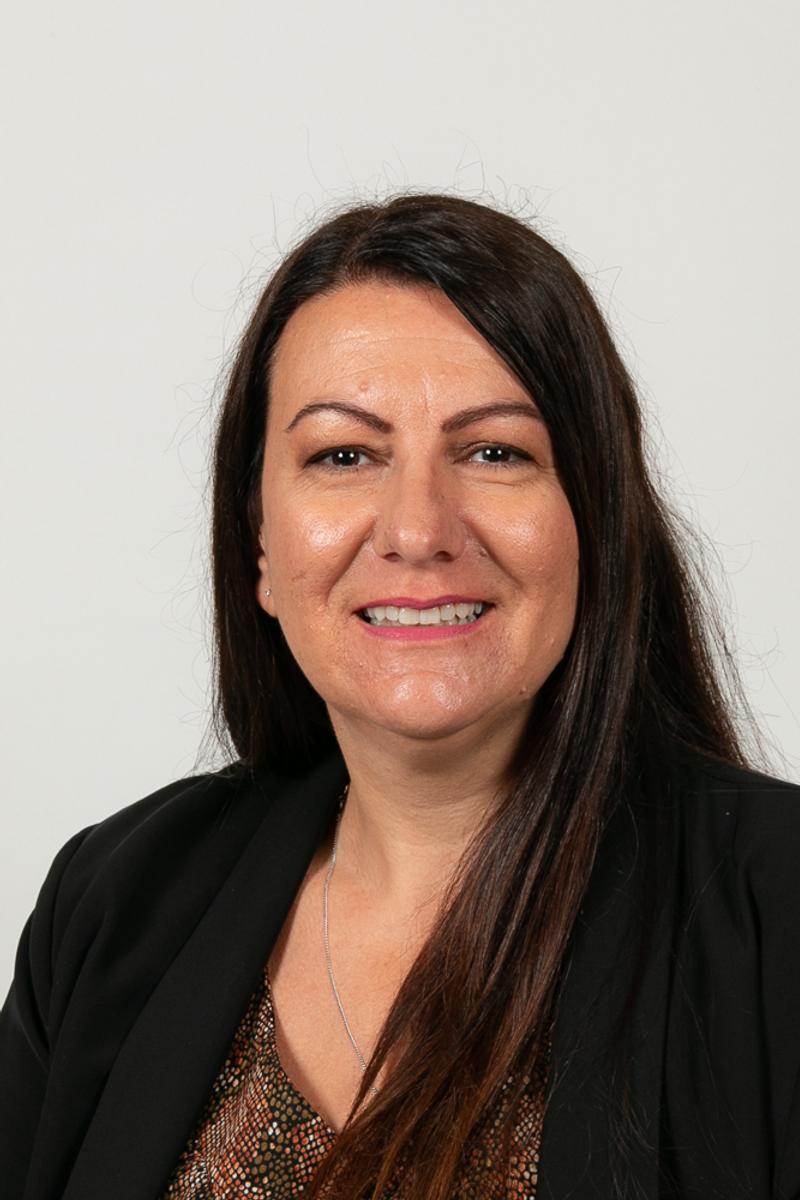Careers and Pathways

Postgraduate Pathways to Engineering at Monash University
Monash University now offers an additional pathway for students to become a qualified engineer. The new, three-year Master of Professional Engineering is for graduates from fields such as science, mathematics or pharmacy, who wish to gain an accredited engineering qualification.
This course is for students who want to change careers and become an engineer, move into a different field of engineering, or are seeking an internationally recognised engineering qualification to build on their undergraduate engineering studies.
The course comprises technical, research and professional units, blending theory and practice. Students receive the same opportunities to undertake design and research projects, as well as Work Integrated Learning.
Specialisations are offered in chemical, civil, electrical, materials and mechanical engineering
Bachelor of International Studies at Deakin University
The Bachelor of Arts (International Studies) at Deakin University is a course for students seeking an international orientation, with a commitment to a period of study at an overseas university, internship at an international organisation or participation in an in-country language program. Students should be interested in different cultures, languages and perspectives outside of their own.
In this course, students learn a range of skills in analysis and interpretation of the international forces shaping government, business and community life in contemporary Australia. They also develop an understanding of other countries and societies, as well as cross-cultural competencies, through an internationally oriented curriculum.
Students may study majors in areas of Anthropology, Arabic, Chinese, History, Indonesian, Italian, International Relations, Middle East Studies, Politics and Policy Studies, Philosophy and Sociology.
A popular and useful choice is to study a language, either within the three-year degree itself, or as part of a four-year combined Bachelor of Arts (International Studies)/Diploma of Language.
As part of the course, students are required to successfully take part in one of the following international study experiences:
- trimester of study at an overseas university exchange partner
- international internship
- in-country language program (in Chinese, Indonesian or Arabic)
- approved study abroad program or
- approved onshore internship with an international organisation.
This program is offered at the Melbourne (Burwood) and Geelong (Waterfront) campuses. The VCE entry requirements include Units 3 and 4: a study score of at least 25 in English EAL (English as an additional language) or at least 20 in English other than EAL.
The 2021 Lowest Selection Rank ATAR for the Burwood Campus is 61.70 and for the Waterfront Campus it is 61.75. To find out more, visit Bachelor of International Studies
Studying Digital Media at RMIT
Students enrolled into the Bachelor of Design (Digital Media) degree study common foundation principles on four specialisations in the 1st year, and then branch off into their specialisation from the second year. Some of the core disciplines of the field, including visual effects and compositing, motion graphics, interactive design, web and mobile media design, sound design, virtual and augmented reality design, digital installation design and digital media theory.
There are multiple offerings during their 2nd and 3rd year – students get to try different specialisations every semester so that they can really customise their qualification.
The specialisations include Interactive, Digital Sound, Digital Video, and Digital Environments.
Students gain a solid grounding in contemporary digital media design theory through practice, and explore how digital content is planned, produced, applied, and integrated.
There are a broad range of industry partners, and the students’ career outcomes are based on how they craft their course – which units they do, which specialisation they opt for. Students undertake industry internships in their final semester and have the opportunity for study abroad.
The VCE prerequisites are Units 3 and 4: a study score of at least 30 in English (EAL) or at least 25 in English other than EAL. The 2021 Lowest Selection Rank ATAR is 70.80
ANU Applications for 2022 Entry now open
Current domestic Year 12 students who intend applying directly to ANU for undergraduate study in 2022 are advised that ANU will now make offers based on Year 11 results on 9 August 2021, and these will be honoured for study in 2022 as long as students have completed Year 12 and achieved an ATAR.
Should the Year 11 results not meet entry requirements, selection officers will automatically consider Year 12 results in the December offer round.
Students will need to meet the co-curricular or service requirement and ANU has adjusted its requirements due to the disruptions of COVID-19.
Applications will open on 3 March 2021 and will close on 24 May 2021. Students are advised to read through Application Information before applying at ANU Applications for 2022
NIDA School Holiday Workshops
NIDA are now taking bookings for their April school holiday workshops. If you want to learn more about acting, performance, design, theatre, singing, writing, and more, these workshops are the perfect chance to get a taste of NIDA and expand your skills. Workshops will be run in Sydney, Melbourne and Brisbane.
Find out more and book here: https://www.open.nida.edu.au/courses/how/school+holidays
Entry to Medicine 2022
QUICK FACTS:
- the UCAT (University Clinical Aptitude Test) is a 2-hour computer-based test that assesses a range of abilities identified by universities as important in practicing in the fields of medicine, dentistry, and clinical sciences
- the UCAT will be offered on a choice of dates throughout the month of July and early August 2021, rather than on one single date
- some pathways to medicine/dentistry/clinical sciences will not require the UCAT and some courses may require another test
Institutions that will require the UCAT are:
| The University of Adelaide | Medicine, Dental Surgery, Oral Health |
| Charles Sturt University | Dental Science, Medicine (Joint Program in Medicine) |
| Curtin University | Medicine |
| Flinders University | Clinical Sciences / Medicine |
| Griffith University | Dental Health Science |
| La Trobe University | Dental Science (only non-Year 12 applicants need the UCAT) |
| Monash University | Medicine |
| The University of Newcastle / University of New England | Joint Medical Program |
| The University of New South Wales | Medicine |
| The University of Queensland | Medicine (provisional entry), Dental Science |
| University of Tasmania | Medicine |
| The University of Western Australia | Medicine (Direct Pathway), Dental Medicine (Direct Pathway) |
| Western Sydney University | Medicine |
| The University of Auckland (NZ) | Medicine |
| University of Otago | Medicine, Dental Surgery |
- Students are encouraged to browse University Clinical Aptitude Test to find out more
- Browse details about the UCAT test format
- Read the essential Practice Tips to become familiar with the test before preparation
- UCAT practice tests are to assist students familiarise themselves with the type of questions they can expect to see in the test
- Completing practice tests is a vital part of preparation for the UCAT
- Another excellent link to browse is iCan Med - Resources
- Bookings for UCAT open on 1 March 2021 and close on 17 May 2021.
- Find out more at UCAT
Park Ranger Courses on offer in Victoria in 2021
Park rangers’ control, supervise and manage national parks, scenic areas, historic sites, nature reserves and other recreational areas **
Park rangers may perform the following tasks:
- assist with guided tours and promote an understanding and appreciation of the natural and cultural features of the park
- supervise public visits and inform visitors about park facilities, advising of park rules and regulations, and enforcing these when necessary
- patrol waterways, roads and tracks to observe and report on the park environment, including the condition of animals and plants
- ensure endangered animals and plants are protected, and assist with related research projects
- ensure parks, park facilities and equipment are clean and properly maintained
- assist with wildlife management projects, including surveys and monitoring of wildlife
- participate in search and rescue operations
- supervise and coordinate fire management, weed eradication and pest-control programmes
- investigate and report to supervisors on matters relating to park management
- support local communities in protecting their cultural heritage and in developing sustainable land management practices
- conduct research into the protection and recording of Indigenous and historical sites
- supervise and train park staff and volunteers, and oversee crews of general maintenance workers and contractors
- undertake administrative and clerical duties
- prepare, review and implement reports, submissions, management plans, development proposals and environmental impact assessments
** Good Universities Guide - Park Ranger
There are several professional associations park rangers can be part of, and in Victoria it is Parks Victoria. There are a number of courses in Victoria that prepare students for a career as a park ranger. Some of these include:
| INSTITUTION | COURSES IN 2021 |
| Box Hill Institute | Diploma of Conservation and Land Management |
| Deakin University | Bachelor of Environmental Science - Environmental Management & Sustainability |
| Bachelor of Wildlife and Conservation Biology | |
| Federation University | Diploma of Conservation and Land Management |
| Bachelor of Environmental and Conservation Science | |
| Holmesglen Institute | Diploma of Conservation and Land Management |
| La Trobe University | Bachelor of Outdoor Education |
| Melbourne Polytechnic | Diploma of Conservation and Land Management |
| RMIT University | Diploma of Conservation and Land Management |
| Swinburne University | Diploma of Conservation and Land Management |
For a comprehensive list of all similar courses, visit VTAC
Music Therapy as a Career
In Australia, there are lots of health professionals who are not doctors or nurses. The jobs that they do are just as important to the health and wellbeing of our nation, but to distinguish their roles, they’re called Allied Health Professionals.
Under the umbrella of Allied Health, you’ll find services such as Audiology, Dietetics, Genetic Counselling, Optometry, Physio and lots more. One of the services that you may not have heard of before is Music Therapy.
What is Music Therapy?
You probably already know that listening to your favourite tunes can affect your mood, get you up on your feet having a dance, and even bring back memories. Playing music or singing has the same effect for lots of people too.
Music therapists use musical experiences that could help to improve their patient’s physical and mental health, functioning and over all wellbeing. Music therapy is a well-researched and accepted form of treatment, with many associated benefits.
Who can music therapy help?
If you’re thinking of a career in health, then the chances are that you like people and you enjoy helping them. People of all ages from newborns to the elderly might respond well to this treatment. A few examples of who could benefit include people with:
- Mental health needs
- Developmental delays
- Communication problems
- Physical, mental or learning disabilities
- Age related conditions such as Alzheimer’s
- Addiction and substance abuse issues
- Patients suffering with acute and chronic pain
- People with long term and terminal illnesses
How to become a Music Therapist in Australia
To work in Music Therapy in Australia, you’ll need to register with the Australian Music Therapy Association (AMTA).
To be eligible to register with AMTA, you’ll need to:
- Complete an undergraduate degree related to health or music.
- Complete a tertiary course that’s been accredited by AMTA. E.g. Master of Music Therapy at the University of Melbourne. Or complete an equivalent qualification that will be assessed by AMTA.
- Apply for registration.
You’ll then be able to apply for jobs and practise as a Registers Music Therapist (RMT) anywhere in Australia.
More information
If you’d like to read more about Music Therapy as a career, here are a few more resources that could be helpful:
- https://www.austmta.org.au/
- https://www.austmta.org.au/sites/austmta.org.au/files/music-therapy-changes-lives-oct2020-sml.pdf
Year 10 Work Experience
A reminder to all year 10 students that work experience forms must be returned to Ms. Seremetis by Thursday 1st April 2021. This is the last week of term 1. While the College understands that with the effects of Covid-Safe practices in many workplaces, it is becoming more difficult to source work placements, students are encouraged to consider all options available, as the desired placement may be difficult to secure.
If any parents of the College are able to offer a 4-day work placement, please contact me here at the College or via email: vseremetis@mazenod.vic.edu.au
Work Experience dates are Tuesday 14th – Friday 18th June 2021
Please note, this is a compulsory 4 day placement program for all year 10 students, as Monday 13th June is a Public Holiday and most workplaces are closed. If you require a new Work Experience Arrangement Form, please download a form from the College Careers Website: http://www.mazenodcollegeviccareers.com/?page=work-experience
Ms Vivian Seremetis
Careers Coordinator



